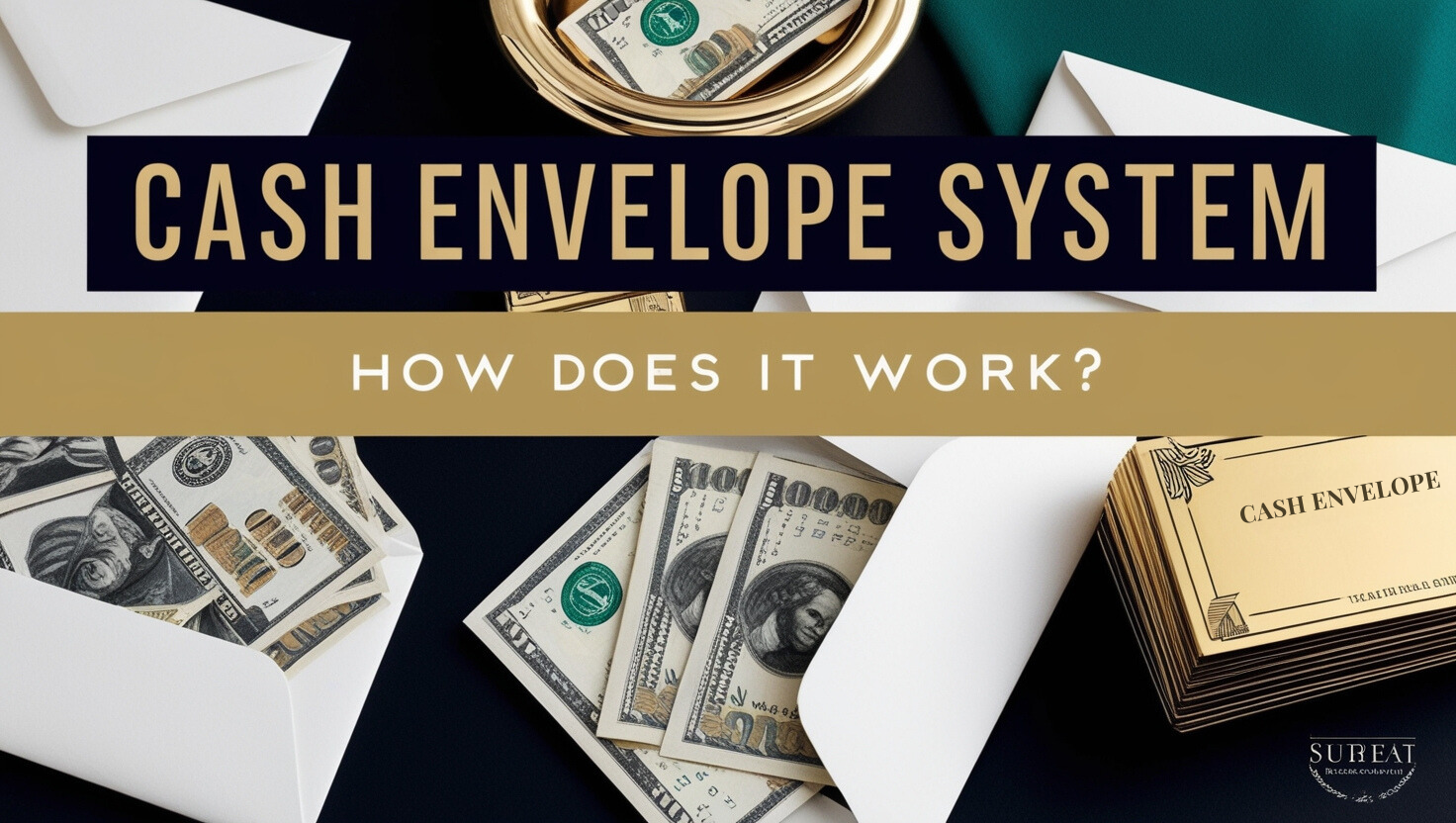Building a personal brand that attracts income involves defining your unique value, consistently creating content, and engaging with your target audience. By leveraging social media, building relationships, and exploring monetization options like digital products and consulting services, your personal brand becomes a source of sustainable income.
Author: Wealth Yoda
How to analyze financial statements effectively
Financial statement analysis provides a comprehensive view of a company’s health by evaluating profitability, liquidity, and solvency. By reviewing income statements, balance sheets, and cash flow statements, you can identify trends and potential risks, making informed decisions based on financial data and key ratios.
Daily Market Snapshot: October 15, 2024
On October 15, 2024, U.S. stock markets ended lower, with the Nasdaq Composite leading declines amid weakness in semiconductor stocks and the energy sector. Nvidia fell sharply as concerns mounted over AI chip exports, while ASML reported weak forecasts. Defensive sectors like real estate and utilities outperformed, and Fed officials maintained a cautious stance ahead of the expected November rate cut.
6 High-Income Skills You Can Learn in 2024
Mastering high-income skills like software development, digital marketing, and data science prepares you for success in 2024. These skills offer flexibility, financial growth, and new opportunities for remote work or freelancing. Focusing on continuous learning ensures long-term career adaptability and personal success.
Understanding Cryptocurrency Staking and Its Benefits
Staking allows crypto holders to earn rewards by locking tokens to support blockchain networks. With options like Ethereum 2.0 and Cardano, staking provides passive income while enhancing decentralization. Careful planning and choosing the right networks are essential to mitigate risks.
How to Make Money Flipping Items for Profit
Flipping items for profit combines creativity with strategy. By sourcing undervalued goods, improving them, and selling through online and local platforms, flippers can turn everyday finds into a profitable venture. Tracking costs and avoiding common pitfalls are key to long-term success.
Daily Market Snapshot: October 14, 2024
The U.S. stock market soared on October 14, 2024, with the S&P 500 and Dow Jones reaching new record highs, fueled by strong technology sector performance and optimism ahead of key earnings reports and economic data. Despite light trading, Nvidia’s gains in the semiconductor space added momentum, while Federal Reserve officials maintained a cautious tone on future interest rate policy.
How to Monetize Your Skills and Talents
Unlock your potential by learning how to monetize your skills and talents. From freelancing and teaching online courses to creating digital products and consulting, discover practical strategies to turn your passions into profitable ventures!
How to Invest in Real Estate Without Buying Property
Discover innovative ways to invest in real estate without the hassle of owning property. From REITs and crowdfunding to real estate notes and ETFs, explore options that fit your investment style and goals.
Cash Envelope System, How does it work?
The Cash Envelope System is a hands-on budgeting approach that helps individuals manage their finances by allocating cash for specific spending categories. By physically separating money into different envelopes, users gain greater awareness of their financial habits and are less likely to overspend. This method fosters financial discipline, encourages mindful spending, and ultimately supports better saving habits.








